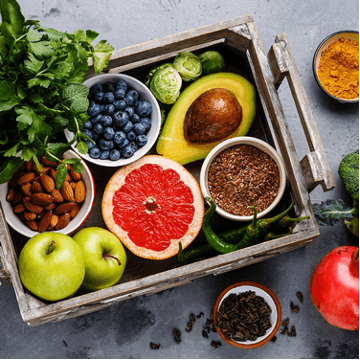
Have you ever woken after a night of drinking or eating nyama-choma and your foot is paining particularly your big toe?
Looks like a nice weekend plan?
Have you ever woken after a night of drinking or eating nyama-choma and your foot is paining particularly your big toe?
That could be the Gout!
Gout is a type of arthritis characterized by sudden onset pain and swelling of one or more joints most commonly the big toe with no history of injury but preceding by eating red meat or drinking alcohol.
The signs and symptoms of gout almost always occur suddenly, and often at night. They include:
Intense joint pain. Gout usually affects the big toe, but it can occur in any joint. Other commonly affected joints include the ankles, knees, elbows, wrists and fingers.
Lingering discomfort, inflammation and redness of affected joint or joints results in joints being swollen, tender, warm and red with limited range of motion.
How does gout occur?
Gout occurs when urate crystals accumulate in your joint, causing the inflammation and intense pain of a gout attack. Urate crystals can form when you have high levels of uric acid in your blood. Your body produces uric acid when it breaks down purines — substances that are found naturally in your body.
Purines are found in certain foods, including red meat and organ meats, such as liver. Purine-rich seafood includes anchovies, sardines, mussels, scallops, trout and tuna. Alcoholic beverages, especially beer, and drinks sweetened with fruit sugar fructose.
Normally, uric acid dissolves in your blood and passes through your kidneys into your urine. But sometimes either your body produces too much uric acid or your kidneys excrete too little uric acid. When this happens, uric acid can build up, forming sharp, needlelike urate crystals in a joint.
What are the risk factors?
-
- Age and Sex – Gout occurs more often in men. However after menopause, women’s uric acid levels approach those of men. Men are more likely to develop gout between the ages of 30 and 50.
-
- Diet – eating a diet rich in red meat and shellfish and drinking beverages sweetened with fructose and alcohol intake of especially beer;
-
- Family history of Gout, Chronic conditions like Hypertension, Diabetes, Obesity, Metabolic syndrome, Heart and Kidney disease, certain medications e.g. low-dose aspirin, thiazide diuretics, angiotensin-converting enzyme (ACE) inhibitors and beta blockers can increase uric acid levels.
-
- Recent surgery or trauma even a vaccination in some people can cause a gout flare up.
How do we diagnose Gout?
- History and examination of the affected
- History and examination of the affected










